Why am I joining LIS? This is a question I get asked a lot at the moment

Carl Gombrich
I had a great job at UCL, one of the very best universities in the world. I had recently been promoted to Professorial Teaching Fellow in Interdisciplinary Education and was the Programme Director of the Arts and Sciences BASc degree – the undergraduate programme I led since its conception in 2010 and, I think, currently the most exciting undergraduate degree in the UK. So why leave this excellent position to start a new university?
One thing I used to discuss with my colleagues at UCL was the desire to start a new ‘movement’ around higher education. We never really saw ourselves as competitors with other liberal arts and sciences courses springing up in the UK – at Birmingham, King’s, Warwick, Durham, Bristol, Leeds and elsewhere. Instead, we wanted to change a national conversation about what higher education could look like: to reconsider what was useful expertise in the age of the internet; to ask others to consider the value of breadth in education, rather than single-subject narrowness; and generally ask a bunch of important questions which were nevertheless challenging to the current system. We thought that if we managed to change this conversation, then all those offering a broader, more interdisciplinary education could be winners. The growing numbers of applications to UCL Arts and Sciences and to many other related programmes shows that we were largely successful in this mission. There was (and still is) plenty of room in this interdisciplinary tent – within a university system dominated by traditional single-subject degrees – to include all the current providers of more radically interdisciplinary degrees, and more.
The London Interdisciplinary School is a natural addition to this educational ecology and will stimulate more creative thinking in this growing educational space. At LIS we are founding an entire university based on interdisciplinary and non-disciplinary principles – the first of its kind in the UK.
LIS will provide a fascinating and exciting challenge to traditional thinking about what a university degree should look like. Our curriculum, developed around real-world problems will be unique in UK higher education. Wrapped around and supporting the approaches to tackling these problems, will be an education in a strong suite of research and methodological tools. We see empowering students in research methods and skills as key in an age where factual knowledge is easy to come by but critical understanding and the creative generation of new knowledge is increasingly valued. Alongside this rigorous academic work, there will be time – just as in traditional universities – for personal development and reflection, but all in the context of the fascinating range of real-world problems and experiences that our students will encounter.
Throughout my university career I have challenged my students to take risks and to keep growing – both as a person and intellectually. I have urged them to see education as a process – a wonderful, privileged process full of creativity and potential – and not as driven by targets or outcomes. Above all, I have urged my students to keep learning. Once you stop learning in life, what is left?
If I am to be true to my values and to continue to walk the walk as an educator, how could I not join the most exciting higher education project in the country?
Share this story
Sign up for our newsletter
Don't miss out on important updates including course information, new announcements, Open Day dates and the latest LIS news.





































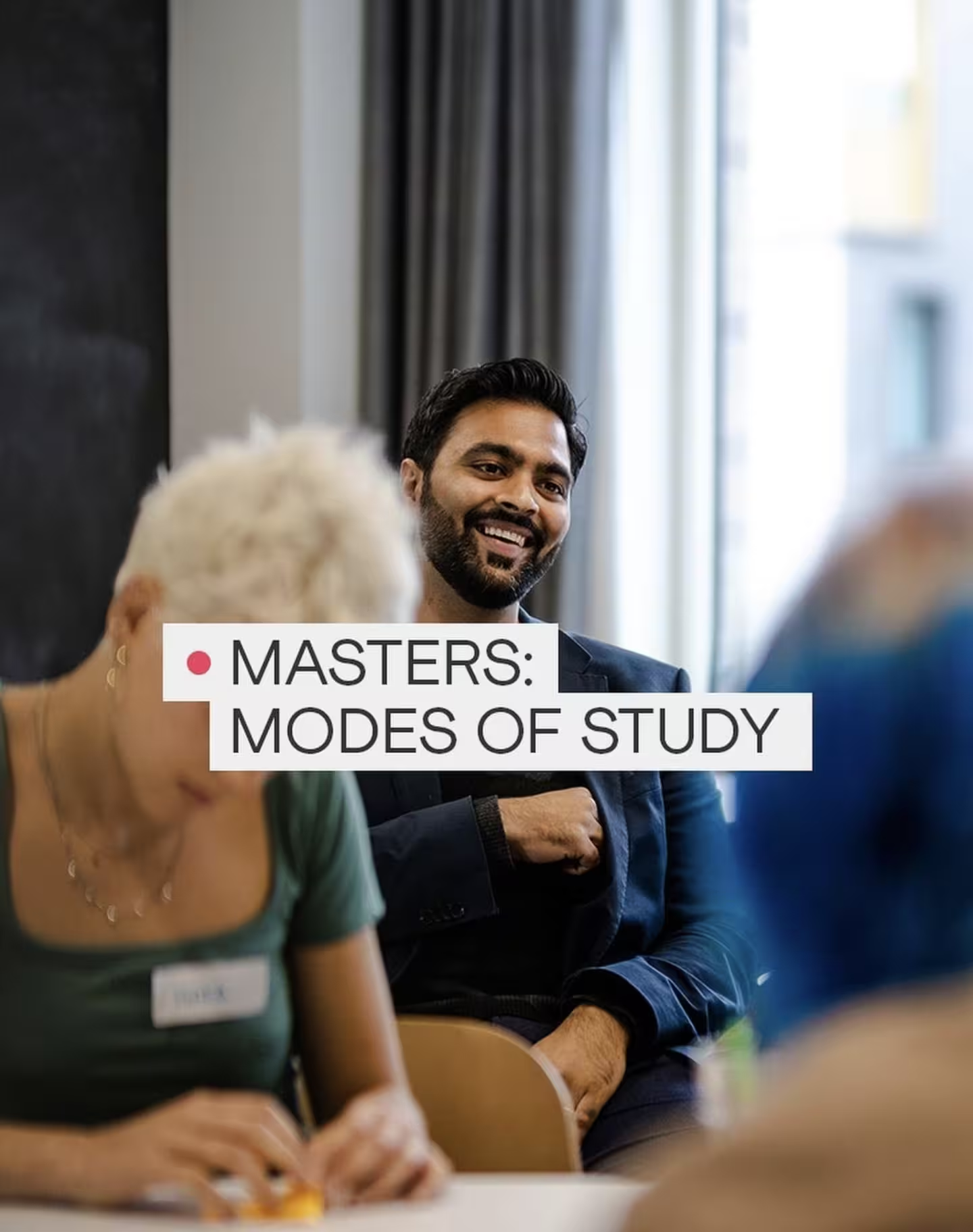
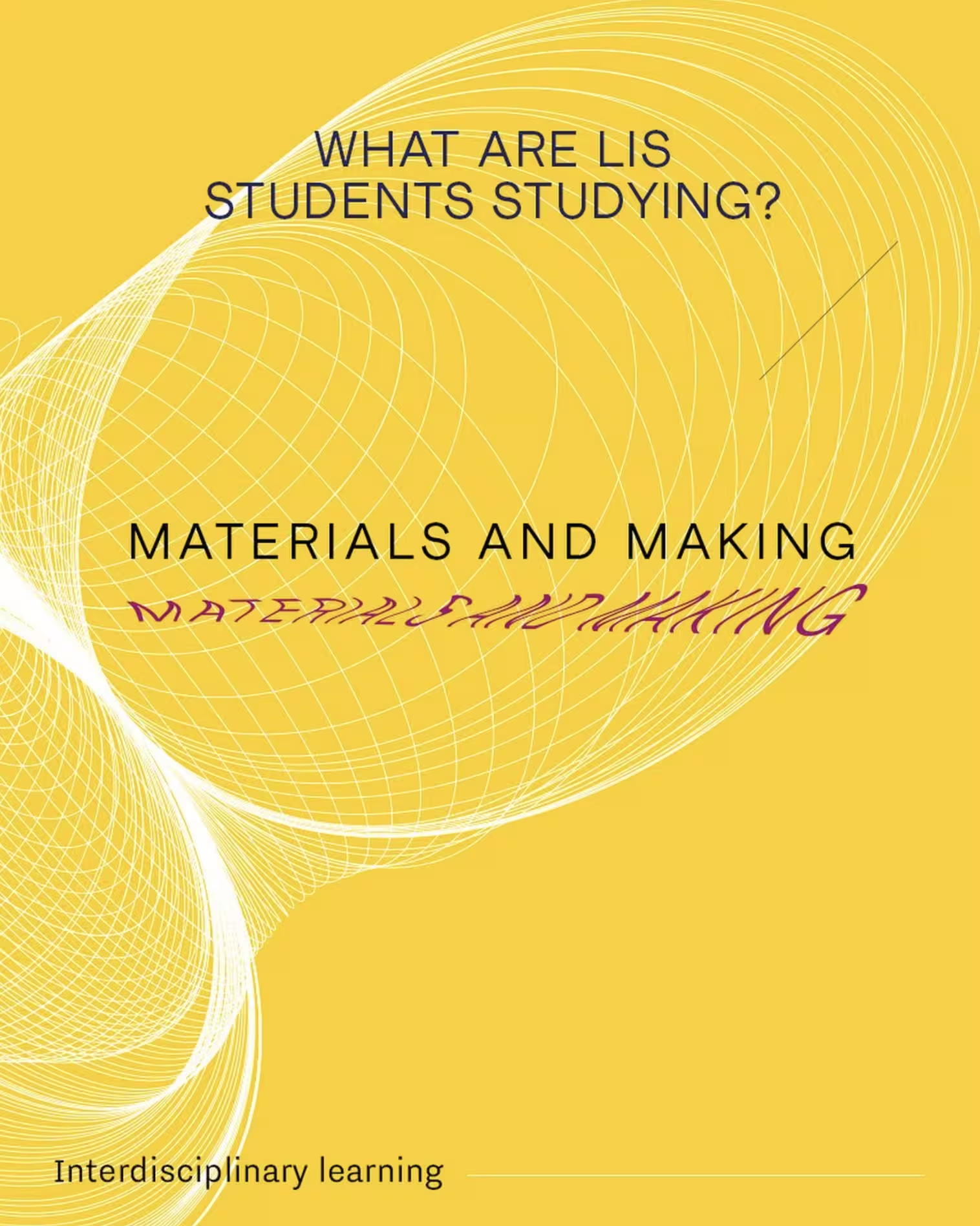
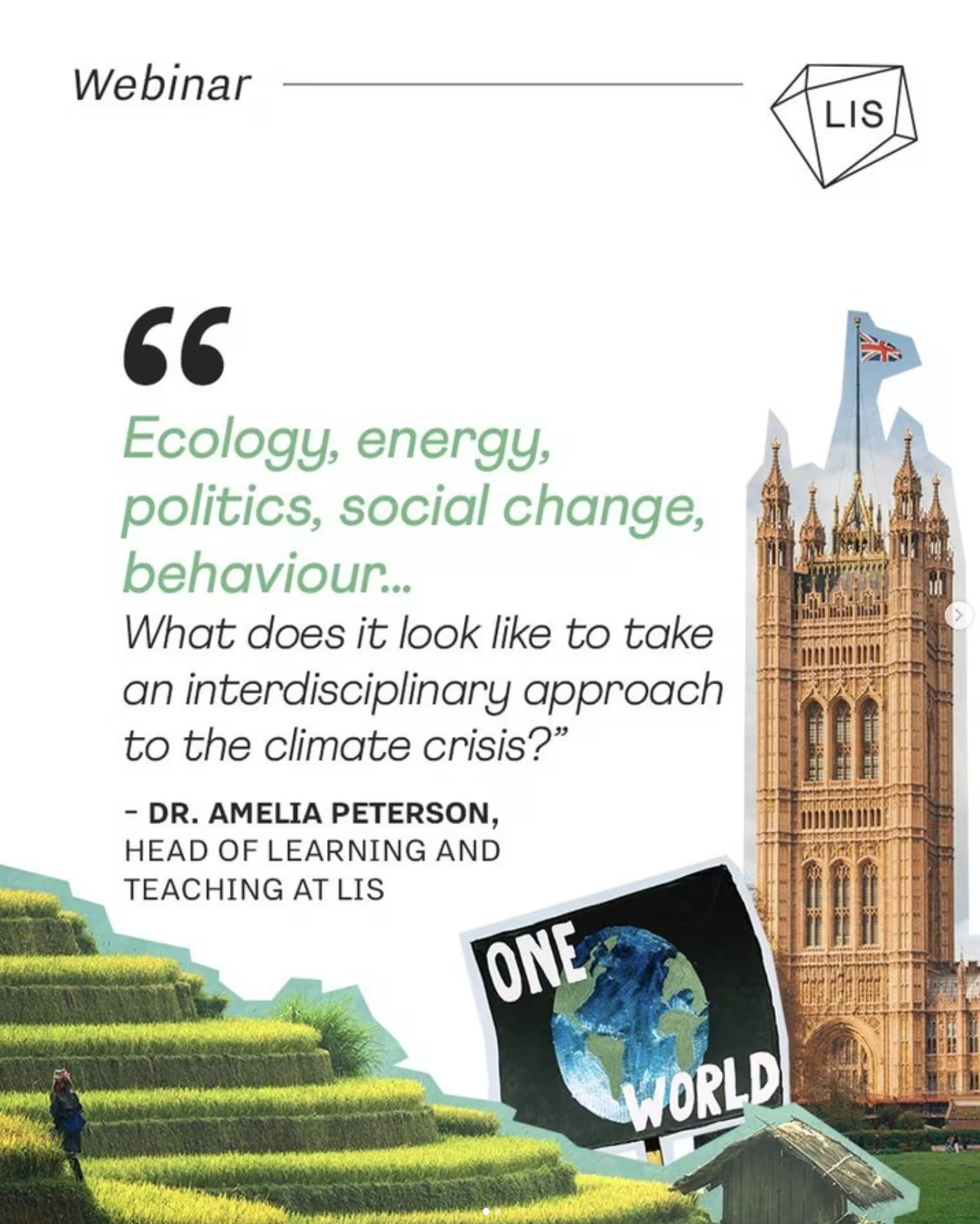






.svg)

.svg)
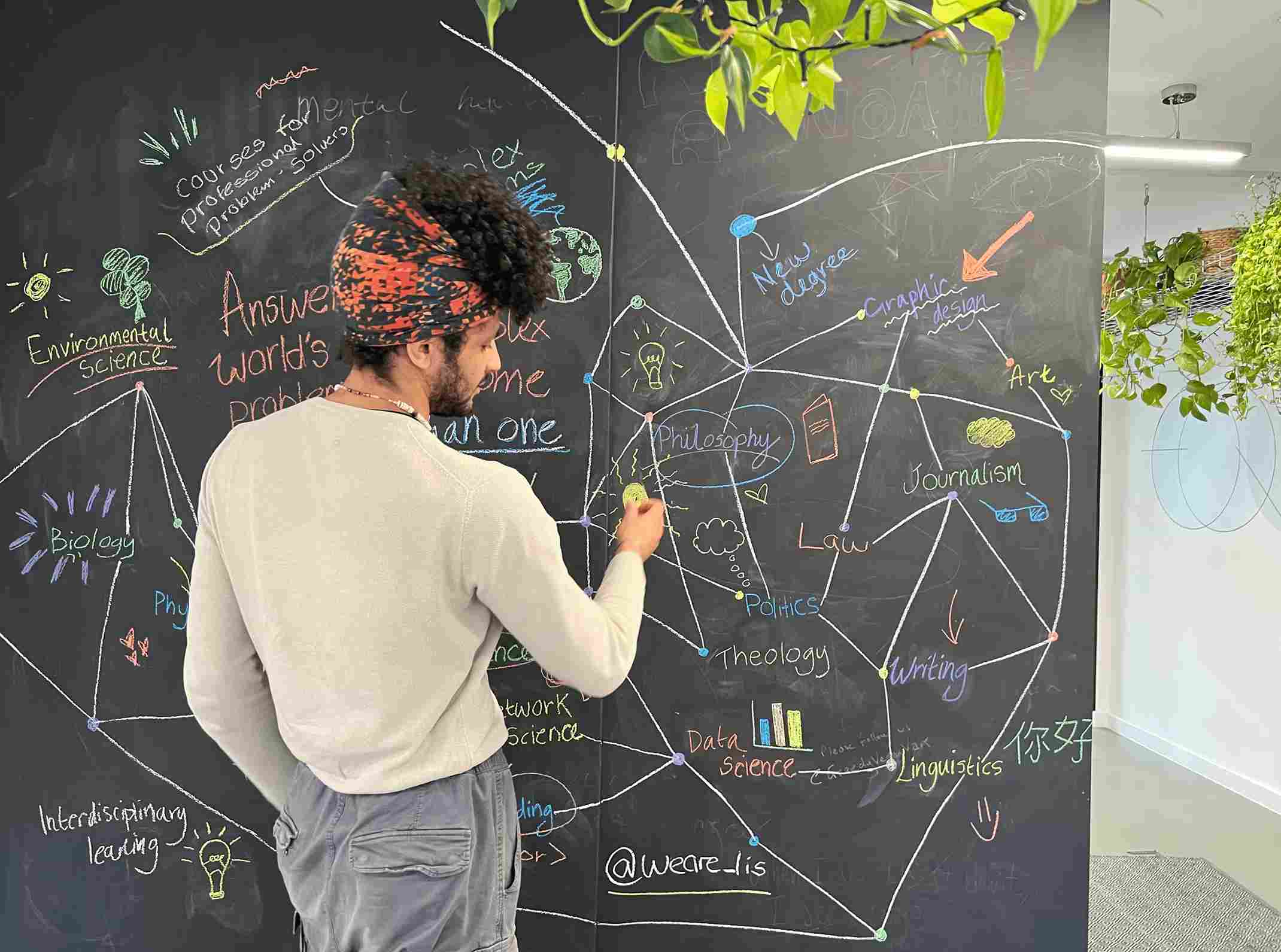







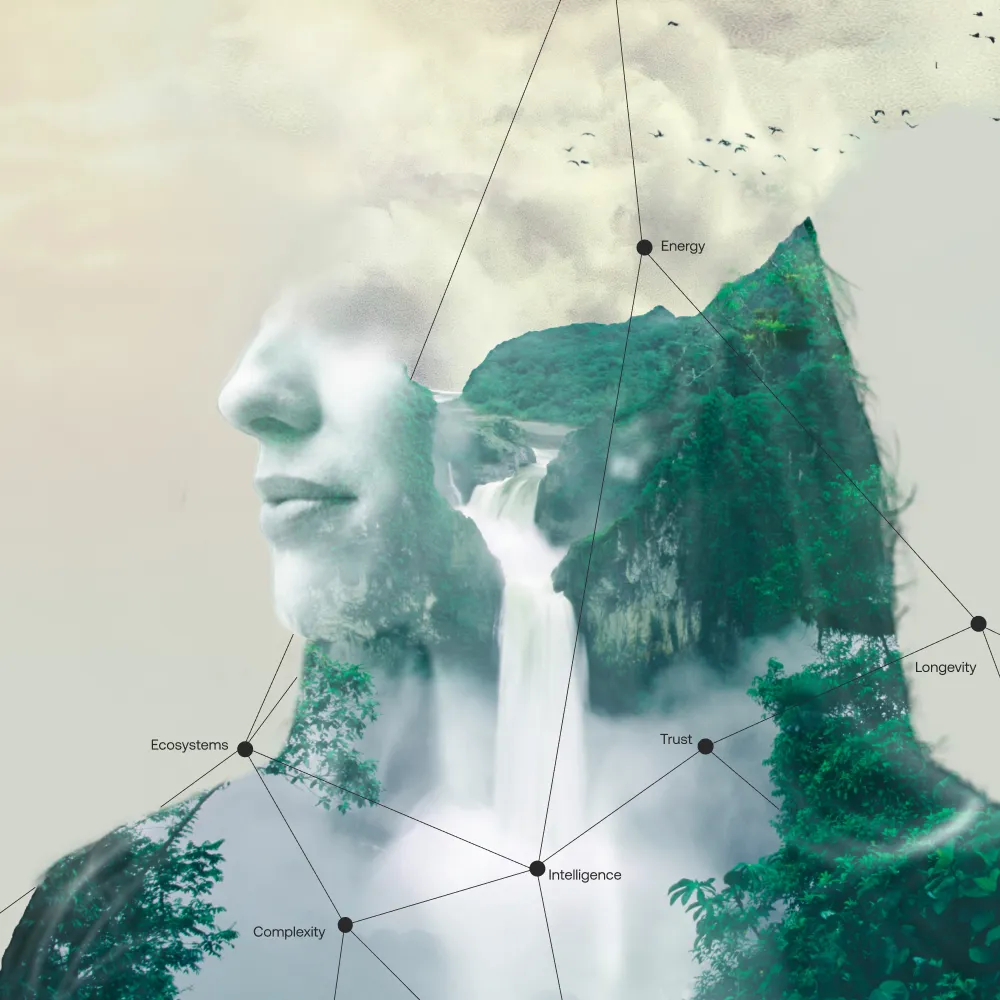
.webp)
This is a comment related to the post above. It was submitted in a form, formatted by Make, and then approved by an admin. After getting approved, it was sent to Webflow and stored in a rich text field.